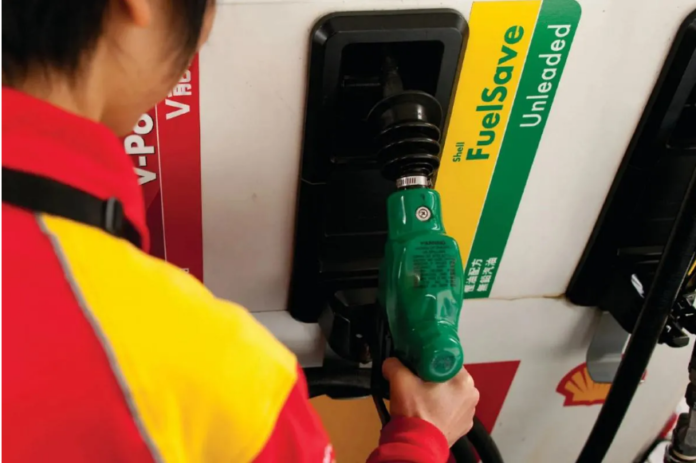
After becoming known that thermal cars could be coming to an end very soon, some Spanish companies began the creation of a synthetic fuel to help keep this type of vehicle on the road.
From various high spheres they have ensured that the thermal cars could be coming to an end In some years, for example in Europe is estimated to be by 2035However, the industry is not resigned to this and is looking for alternatives to electricity exclusivity, with biofuels being one of the most feasible. It is for this reason that there is already a Spanish synthetic fuel in project.
This great project is being carried out by different companies, mainly Repsol and its subsidiary, Petronorbut in which they also collaborate Enagasthe Basque Energy Entity (EVE) and aramco.
The main objective is to be able create a synthetic fuel that is capable of keeping combustion models running for longer and, in addition, in a cleaner way. What matters is the scale of everything projected.
SEE ALSO: Young university student dies after being run over by a motorcycle in the black spot of the Clinical Hospital of Valencia, Spain
In this way it was learned that the construction will be carried out based on a decarbonization center in the Port of Bilbao, something that will involve two years of work and an investment of €103 million. This will make it one of the largest installations of this type in the world, as most are currently pilot-type and much smaller.
In addition, it will be complemented by a urban waste recovery project that, treating waste of different types (fabric, plastics or paper, among others) will be able to obtain low carbon energywhich will be transformed into a cleaner fuel that will partially replace the consumption of traditional fuels.
The cost of replacing the car fleet or creating a sufficient recharging network is really highbut, on the contrary, changing the fuel used by current cars for a cleaner one is much easier, which is why many hope that synthetic fuel will come into operation to accompany the entire process of changing to zero-emission vehicles.
Regarding the damage to the environment, it was confirmed that synthetic cars produce polluting emissions, but they are low and, furthermore, as they are produced using renewable hydrogen and CO2 removed from the atmosphere, it is actually a product with neutral emissions. Moreover, using CO2 capture systems during manufacturing, they could even be negative.

Editorial GossipVehicle. With information from Autobild.




